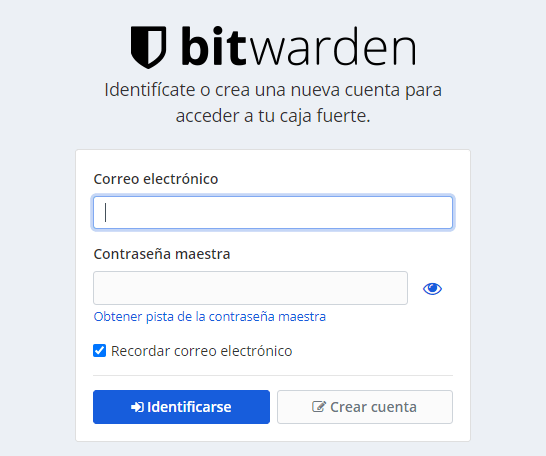
(!) Do you want to generate a self-signed SSL certificate? (y/n): y (!) Do you have a SSL certificate to use? (y/n): n (!) Enter your installation id (get at ): Status: Image is up to date for bitwarden/setup:1.44.1 (!) Enter the database name for your Bitwarden instance (ex. (!) Enter the domain name for your Bitwarden instance (ex. Provide requested information – I generally like to use an Apache reverse proxy to handle the SSL certificate part, so just set up Bitwarden without encryption and let Apache deal with the certificate. Then simply download the Bitwarden install script to your server, make it executable and execute it: curl -Lso bitwarden.sh Sudo add-apt-repository "deb focal stable"Īdd user to docker group sudo usermod -aG docker $USER Install Bitwardenįirst, request a hosting instance ID & Key from sudo apt install apt-transport-https ca-certificates gnupg-agent software-properties-commonĪdd GPG key for the official docker repository to your system and add the docker repository curl -fsSL | sudo apt-key add. Before installing docker though, we need install a few dependencies first. If you haven’t yet, install Apache if you want to access Bitwarden from outside of your local network.

In a first step, upgrade all previously installed software on your server sudo apt update I describe all steps required to prepare your home server before installing Bitwarden, how to configure Bitwarden with a free domain name from CloudDNS, and finally how to setup an Apache reverse proxy to point your free domain to your Bitwarden instance. This tutorial walks you through the process of installing the Bitwarden password manager on your Ubuntu 20.04 home server.


 0 kommentar(er)
0 kommentar(er)
